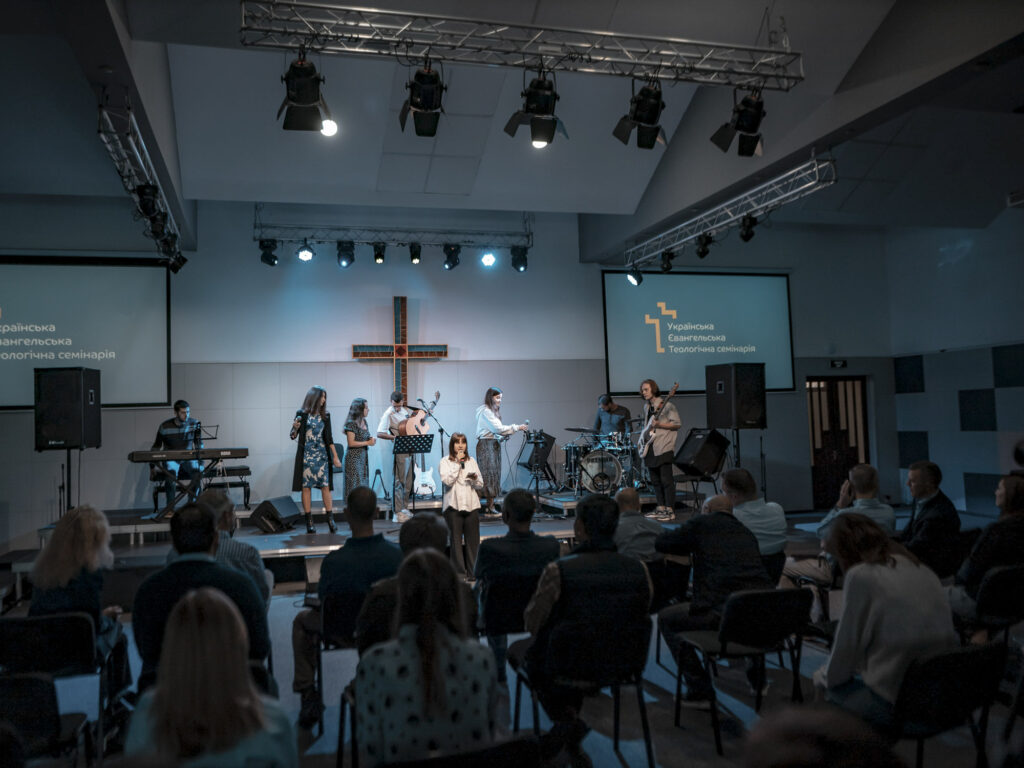The first days were terrible without my mother :-) I was very sad without family, I wanted to go...
Alina Philatova
Student of the Applied Theology residential program
I felt a great need for fundamental knowledge about the essence of Christianity and understanding...
Mykola Kuksa
Student of the Applied Theology residential program
The main reason why I enrolled in UETS was my desire to build my life on a solid foundation, to...
Anna Haidar
Student of the Applied Theology residential program
I enrolled in UETS because I wanted to get the degree required for the ministry in the Wickliffe...
Nataliia Komarova
Graduate of the Applied Theology residential program
I planned to study and then work in the field of psychology, so I realized that I needed a...
Artem Ostroverh
Graduate of the Applied Theology residential program
UETS offers a good quality non-denominational education. What impressed me the most is the attitude...
Vadym Korotkin
Graduate of the Applied Theology residential program




